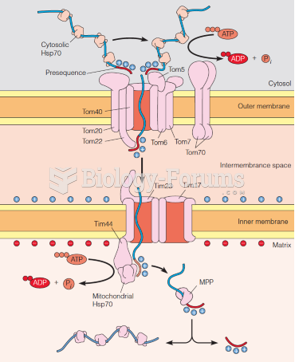|
|
|
All adverse reactions are commonly charted in red ink in the patient's record and usually are noted on the front of the chart. Failure to follow correct documentation procedures may result in malpractice lawsuits.
A good example of polar molecules can be understood when trying to make a cake. If water and oil are required, they will not mix together. If you put them into a measuring cup, the oil will rise to the top while the water remains on the bottom.
Though “Krazy Glue” or “Super Glue” has the ability to seal small wounds, it is not recommended for this purpose since it contains many substances that should not enter the body through the skin, and may be harmful.
Earwax has antimicrobial properties that reduce the viability of bacteria and fungus in the human ear.
Approximately 500,000 babies are born each year in the United States to teenage mothers.
 A client is having an endoscopy performed by a physician who views the upper gastrointestinal intern
A client is having an endoscopy performed by a physician who views the upper gastrointestinal intern
 To reduce stress on your client’s neck when the head is turned, put a towel under the shoulder and ...
To reduce stress on your client’s neck when the head is turned, put a towel under the shoulder and ...





